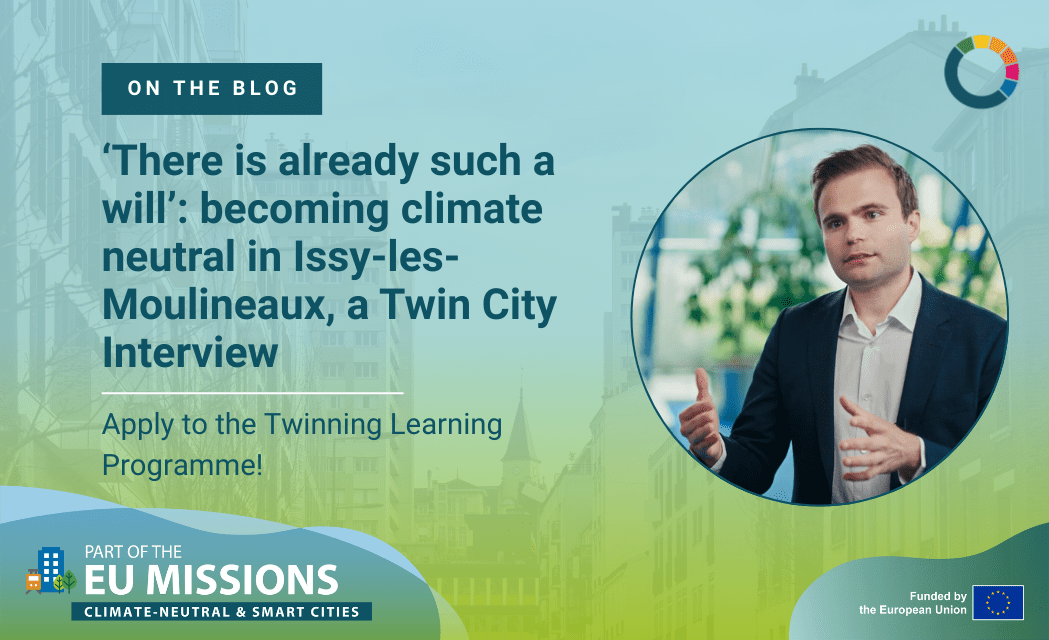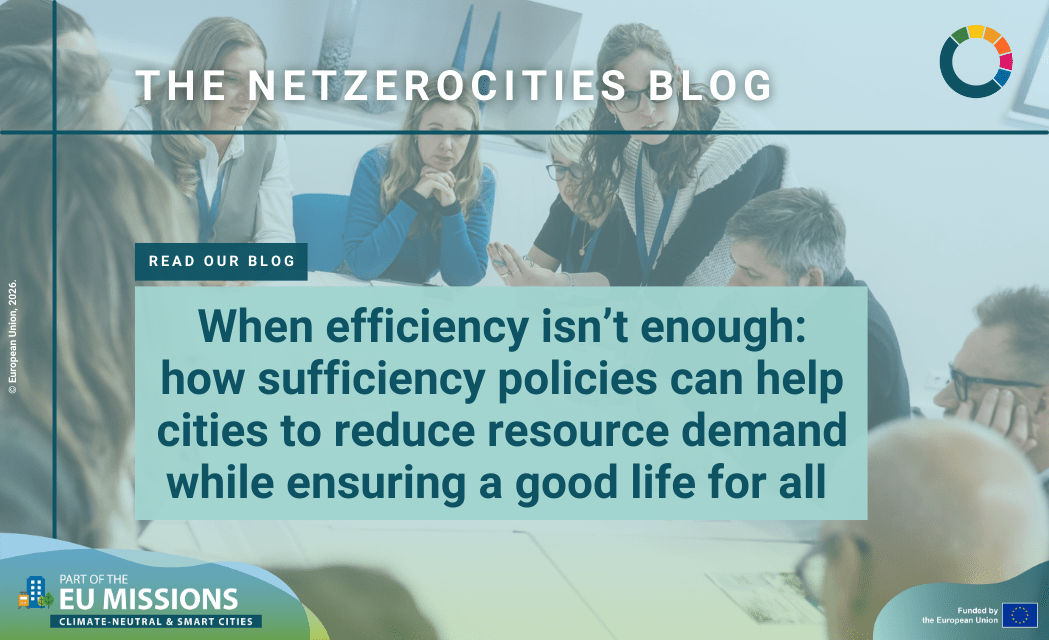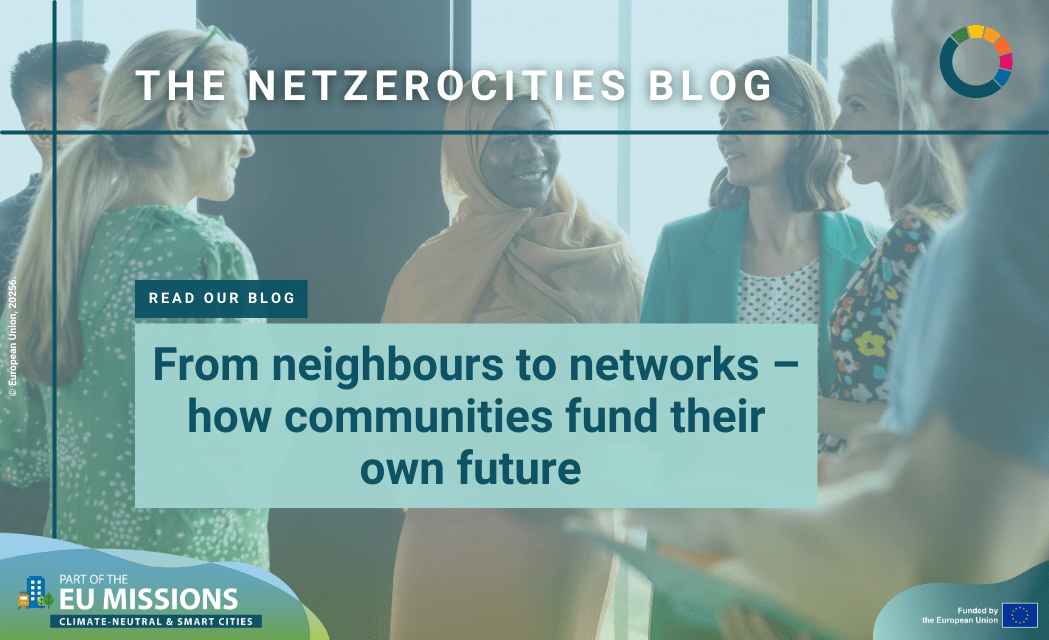Luca Fayoux-Cinelli is the deputy director in charge of communication and innovation for the municipality of Issy-les-Moulineaux, which sits in the south-western suburbs of Paris.
As part of the first Twinning Learning Programme, it was connected with the nine Italian cities working on their joint Let’sGOv project, which included exploring ways to improve the availability of data and support more detailed monitoring, making interventions to reduce energy-related emissions more precise.
“[The Twinning Learning Programme] was really the key for us to discover new cities […] with similar challenges and similar wills as us,” says Fayoux-Cinelli.
What was the motivation for your city to set ambitious climate goals and to work with other cities who are pursuing the same goals and working on the same challenges?
It is more than 20 years actually that the city has worked in European projects, so we have a strong experience in working with different cities all across Europe. And since 2021, we have adopted the first French climate budget that is not in Euros but in greenhouse gas emission reductions where the deputy mayors have to take a political mandate to say, ‘okay, we will reduce the emissions by 5%, 10% this year’ and then have to produce the results.
So there is already such a will of becoming climate neutral in the city and the Twinning Learning Programme was really the key for us to discover new cities that are also working on it with similar challenges and similar wills as us.
Can you tell me more about the about the programme and its themes and goals?
Yeah, sure. So we had two main objectives when we joined the Twinning Programme and it matched perfectly with the Let’sGOv project objectives also, this is why we applied to be their Twin City. It was about common data management and energy communities, to achieve something important because we are a city that is located right next to Paris. So we are surrounded with other cities and we will never achieve climate neutrality only by ourselves.
What can you tell us about how you are working to improve public knowledge or involvement in climate activity in your city?
Yeah, sure, so together with the climate budget launched in 2021, we also launched a challenge dedicated to the citizens, that is the Zero Carbon Challenge. It means that 100 citizens can participate each year, it happens usually between January and June, and for six months they have workshops, activities, etc., to reduce their carbon footprint. So, this year was the fifth edition, so we have approximately 500 people who participated in it. So that it’s always a good thing to involve people, to have also a challenge directly with them that also concerns the global objectives of the city.
Thinking about the next big steps, what are the next things you’re focusing on and what’s coming up for your city in terms of meeting its climate goals?
So the big next steps will be more about common data management, which we worked on with the Let’sGOv project, because we will have the toolkit developed in the project at the end of June [2025] so that we will be able to use this to develop a common data platform with the cities that are surrounding Issy-les-Moulineaux [and] achieve also an objective of having a more precise idea of the real greenhouse gas emissions and their origins.





